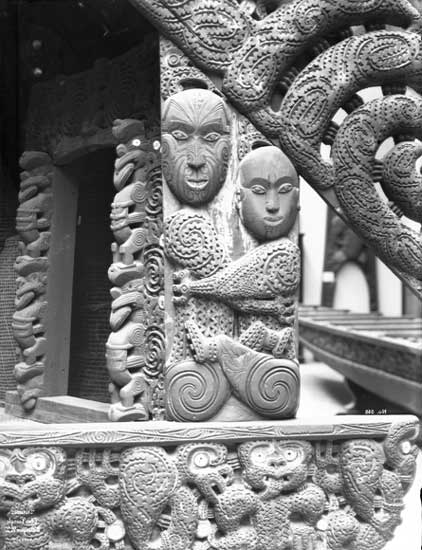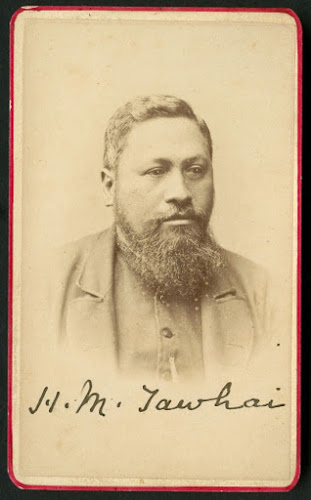The Best Books I Never Wrote
[Originally published on Stuff.co.nz]
Richard J. Evans, In
Defence of History
In the 1990s postmodernism ran rife in academic history
departments across the globe. Scholars supposedly committed to studying the
past all too often denied the possibility of any meaningful knowledge of it. Richard
Evan’s robust and concise defence of history as a discipline tasked with
striving for something approaching the truth could not have been timelier. Aimed
not just at fellow historians, Evans’ book also provides lay readers with
powerful insights into why history matters.
Linda Colley, Captives:
Britain, Empire and the World, 1600-1850
Captivity narratives are as old as empire. But they have
rarely been analysed with the kind of intellectual sophistication and subtlety
that Linda Colley displays. For more than two centuries, the British strove for
pre-eminence with powerful, non-Christian and non-white rulers across the
Mediterranean, North America, India and beyond. Many of those taken captive
were enchanted by the new cultures they encountered, preferring them to their
own. A powerful antidote to assumptions that early European travellers
invariably looked down upon other societies and peoples.
James Belich, The New
Zealand Wars and the Victorian Interpretation of Racial Conflict
In 1986 a young historian published his first book, based on
a doctoral thesis completed at Oxford University. Immediately hailed as a tour
de force, Belich’s work overturned long-ingrained beliefs about the wars fought
on New Zealand’s own shores, highlighting Maori military achievements and
explaining why these had for so long been forgotten or suppressed. Signalling
not just the intellectual coming of age of a brilliant new scholar, this book
also confirmed the potential for exciting new readings of New Zealand’s past.
Jared Diamond, Guns,
Germs, and Steel: The Fate of Human Societies
Synthesising 13,000 years of human history into a highly
readable work of just 500 pages, Jared Diamond explains why western Eurasian
societies have historically come to dominate the globe. Diamond shows that this
had nothing to do with these being superior cultures or societies. Instead,
much rested on key environmental, geographic and other advantages such as the
elongated east-west axis of the European continent, which made it easier to
transmit new crops, animals and technologies. A work of astonishing scale and
ambition.
Richard White, The
Middle Ground: Indians, Empires, and Republics in the Great Lakes Region,
1650-1815
When different peoples and cultures meet they sometimes do
so on a ‘middle ground’ in which new meanings and practices that draw from both
sides but belong to neither become possible. This deceptively simple model of
cross-cultural interaction and encounter has been widely adopted since Richard
White’s book was first published in 1991. It was an argument I applied to
pre-Treaty New Zealand in my own work The
Meeting Place: Maori and Pakeha Encounters, 1642-1840.








Comments
Post a Comment